
Don’t Be Too Quick to Throw Away Rotten Tomatoes – The More Rotten They Are, the More Useful They Become! Few People Know This Trick

Tomatoes are among the most common ingredients found in every kitchen. Known for their rich nutritional value and affordability, they have long been a staple in countless dishes around the world. However, many people have the habit of buying tomatoes in bulk, which often leads to spoilage before they can be fully consumed. Surprisingly, even rotten tomatoes have hidden benefits that most people aren’t aware of. Instead of throwing them away, you can turn these spoiled fruits into something surprisingly useful.
1. The Nutritional Value and Versatility of Tomatoes

Tomatoes are packed with essential nutrients such as vitamin C, potassium, carotene, and various antioxidants.
-
Vitamin C helps strengthen the immune system and promotes faster wound healing.
-
Carotene supports good eyesight and healthy skin.
-
Potassium helps regulate blood pressure and maintain proper hydration in the body.
In the culinary world, tomatoes are prized for their versatility. They can be used in salads, soups, sauces, stir-fries, or even enjoyed fresh. Cold dishes emphasize their natural sweetness and tang, while cooking enhances their savory umami flavor. This wide range of uses makes tomatoes indispensable in both home kitchens and restaurants alike.
2. Why Tomatoes Go Bad – and What It Means
Tomatoes are sensitive fruits that spoil easily if stored improperly. High humidity and warm temperatures accelerate the decomposition process, leading to mold and soft, mushy textures.
When this happens, most people instinctively throw them away, fearing bacterial contamination. While it’s true that rotten tomatoes should never be eaten, parts of them—or their byproducts—can still serve valuable purposes around your home and garden if handled properly.
3. Amazing Uses for Rotten Tomatoes

a. Grow New Tomato Plants
Even if the outer flesh is spoiled, the seeds inside are often still viable. Simply scoop out the seeds from a rotten tomato and plant them in a pot with nutrient-rich soil.
To encourage germination, lightly cover the soil with plastic wrap to retain warmth and humidity. Poke small air holes to allow airflow. Within a week or two, you’ll see tiny sprouts emerging—your new tomato plants are ready to grow!
This is not only a fun DIY gardening project but also an eco-friendly way to reuse food waste and enjoy homegrown produce later on.
b. A Natural Cleaner for Metal Items
Rotten tomatoes contain acetic acid, a compound also found in vinegar. This acid can dissolve rust and remove stains from metal surfaces. Simply rub a slice of rotten tomato onto the affected area, let it sit for a few minutes, and wipe it clean with a cloth.
The mild acidity will polish the metal without damaging it, leaving items like spoons, knives, and pans looking shiny and new again. It’s a safe, eco-friendly alternative to chemical cleaners.
c. Organic Fertilizer for Plants
Rotten tomatoes are rich in nutrients and organic matter that plants love. Instead of tossing them out, bury them in the soil around your plants or mix them into your compost pile. As they decompose, they release essential nutrients like nitrogen and phosphorus, enriching the soil and stimulating plant growth.
This method not only nourishes your garden but also reduces household waste, promoting a sustainable lifestyle.
4. Preventing Tomatoes from Rotting Too Quickly
While knowing how to reuse spoiled tomatoes is useful, prevention is always better. Here are a few tips to keep your tomatoes fresher for longer:
-
Buy Smart: Only purchase as many tomatoes as you’ll use within a few days. Overbuying leads to waste.
-
Store Correctly: Keep unwashed tomatoes in a cool, dry, well-ventilated area away from direct sunlight. Do not refrigerate them unless they’re fully ripe, as cold temperatures can alter their flavor and texture.
-
Check Regularly: Inspect stored tomatoes frequently. If you find one starting to spoil, remove it immediately to prevent others from going bad.
-
Separate Fruits: Store tomatoes separately from bananas, apples, or other fruits that emit ethylene gas, which accelerates ripening and spoilage.
5. A Mindful Approach to Everyday Living
Rotten tomatoes may seem useless at first glance, but with creativity and care, they can serve multiple purposes—from gardening to cleaning to fertilizing. By rethinking how we handle food waste, we contribute to a more sustainable environment and make better use of the resources we already have.
This mindset extends beyond just tomatoes—it’s a way of life that values recycling, reducing waste, and respecting nature’s cycles. Next time you spot a spoiled tomato, don’t rush to throw it away. Instead, think of it as a small opportunity to live more sustainably and to share this eco-friendly wisdom with others in your family.
News in the same category


Why do we have to leave our phone face down on the table when we are not using it?

Hanging a towel on the door handle before bed: Unexpected benefits but few people know

Tips for conditioning your hair with over-cooked bamboo shoots

Treat premature gray hair thanks to the black dye formula
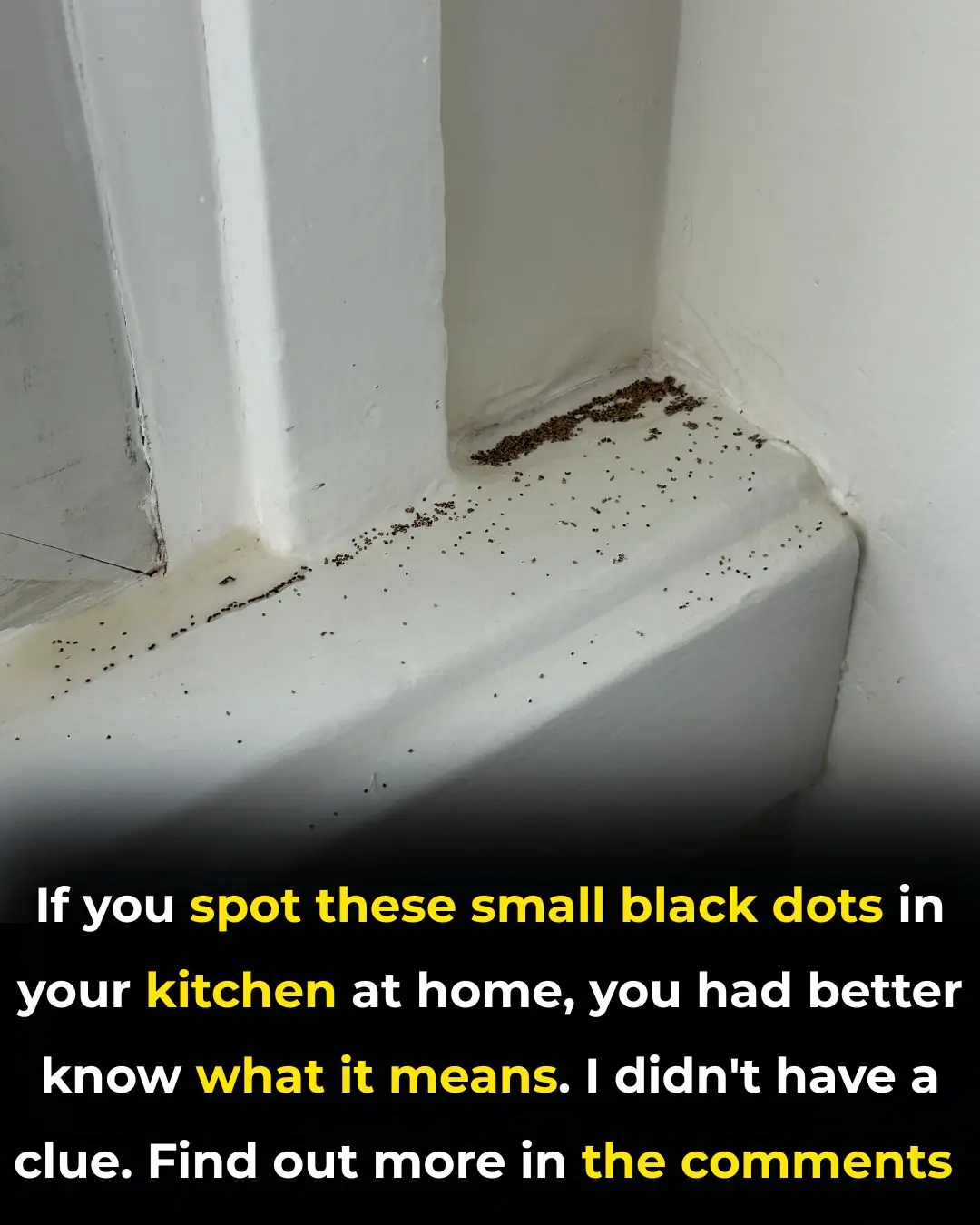
What Are These Strange Black Dots In Your Kitchen
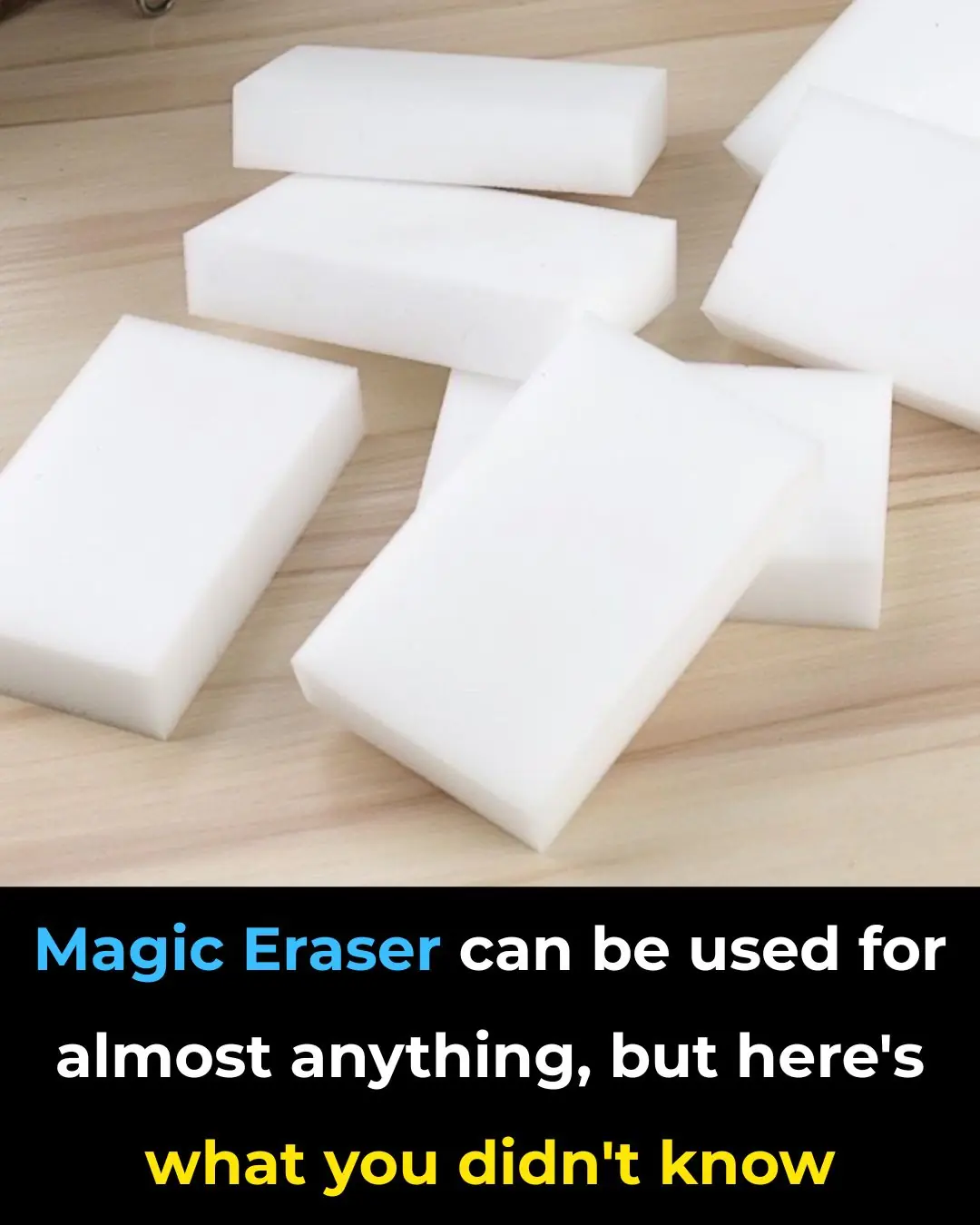
Magic Eraser can be used for almost anything, but here's what you didn't know

Wrong understanding turns water purifiers into diseases, remove them immediately to avoid harming the whole family
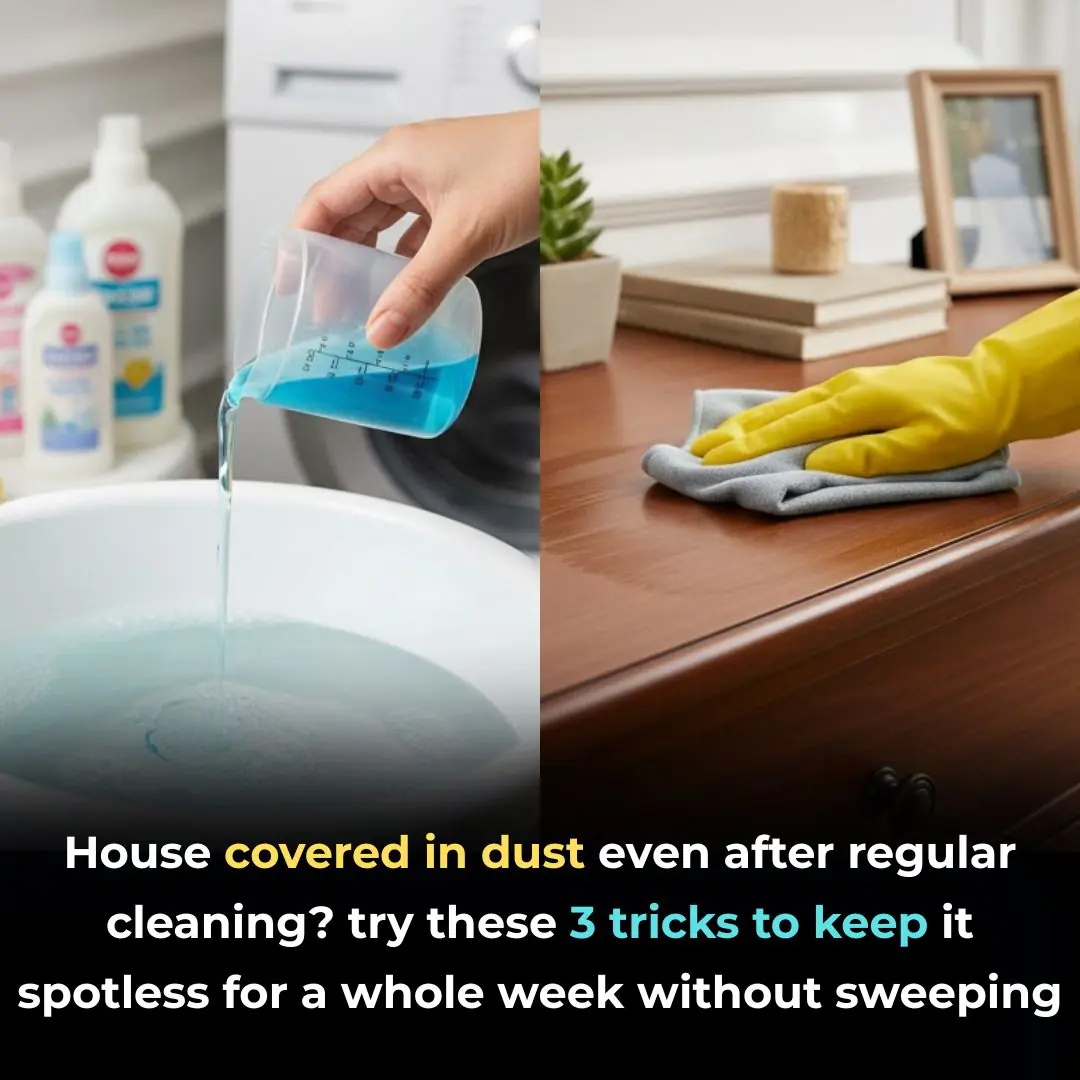
The house is full of dust even though it is cleaned regularly
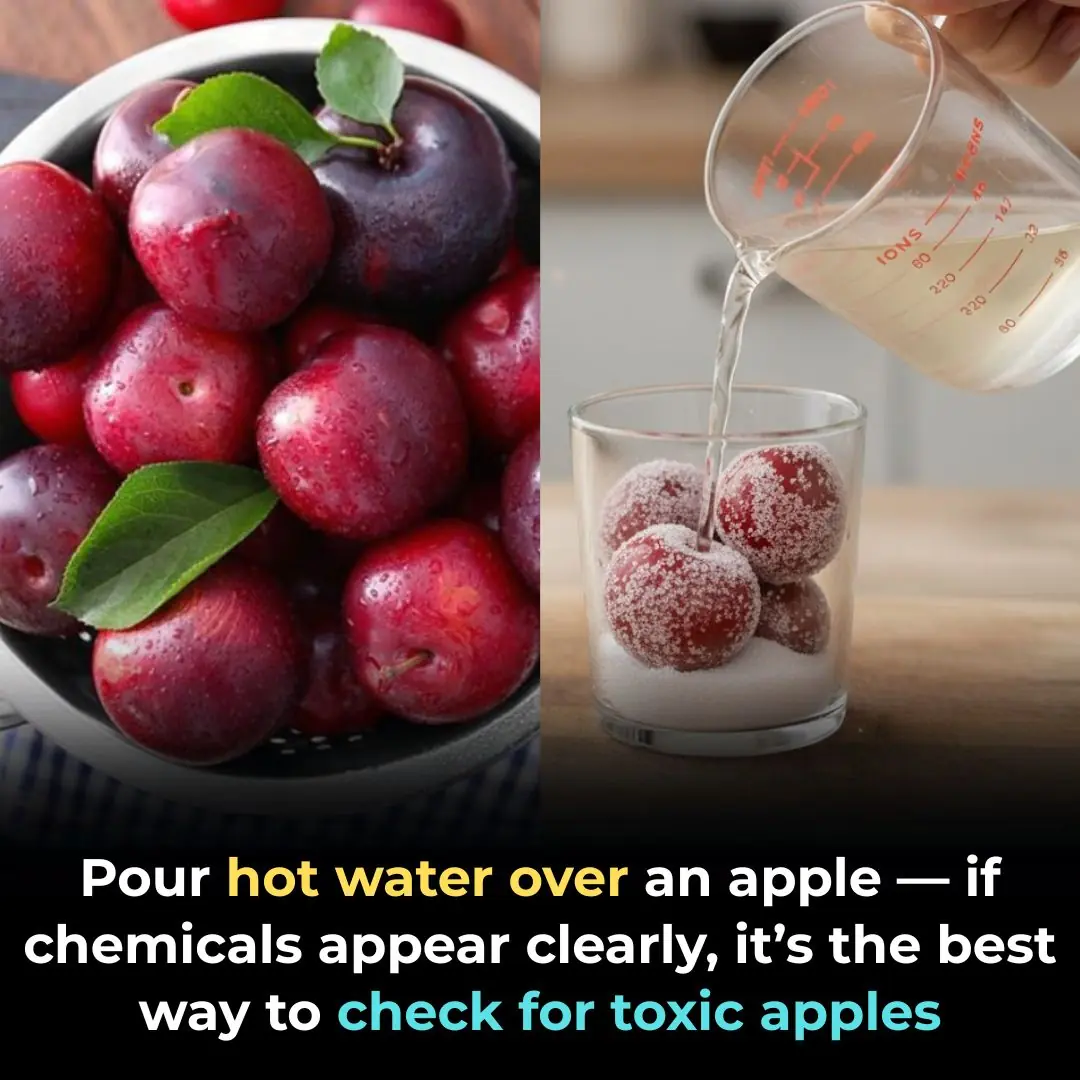
Pour hot water over the apple

It's rainy and humid, and there's no dryer at home. Do this to dry clothes quickly and keep them from smelling bad.
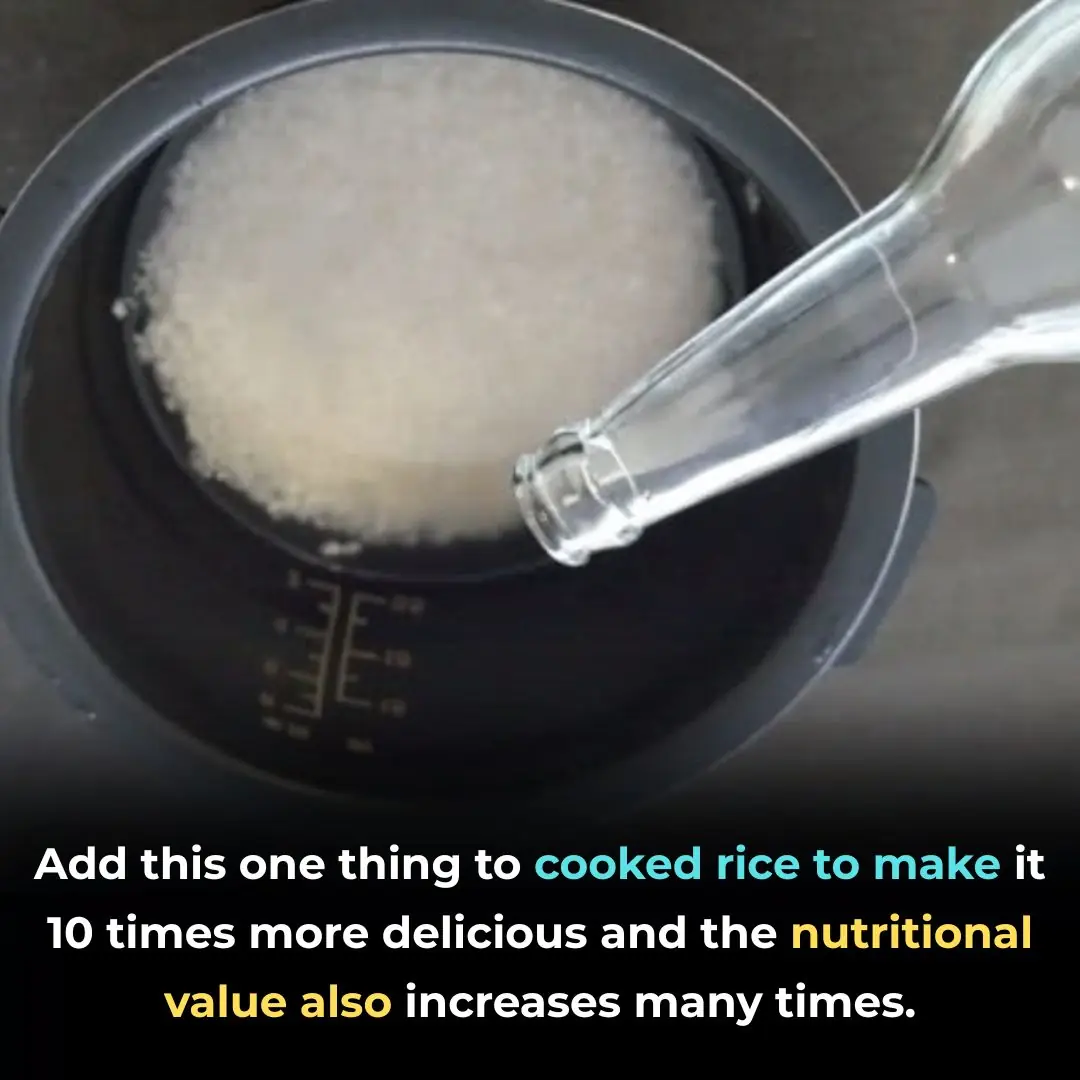
Add this one thing to cooked rice to make it 10 times more delicious and the nutritional value also increases many times.
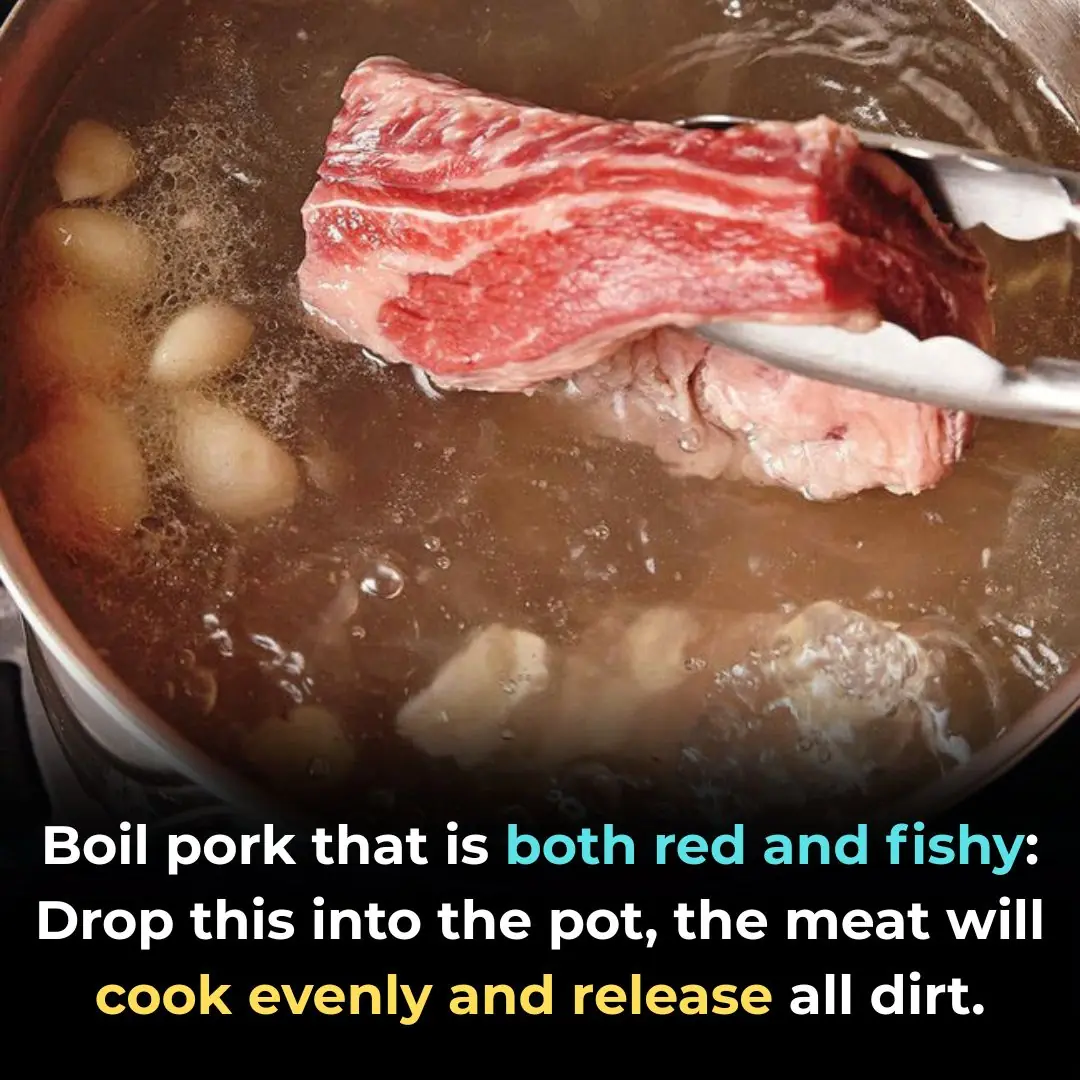
Boil pork that is both red and fishy: Drop this into the pot, the meat will cook evenly and release all dirt.

Tell mom how to make standard, crispy and irresistibly delicious banh xeo
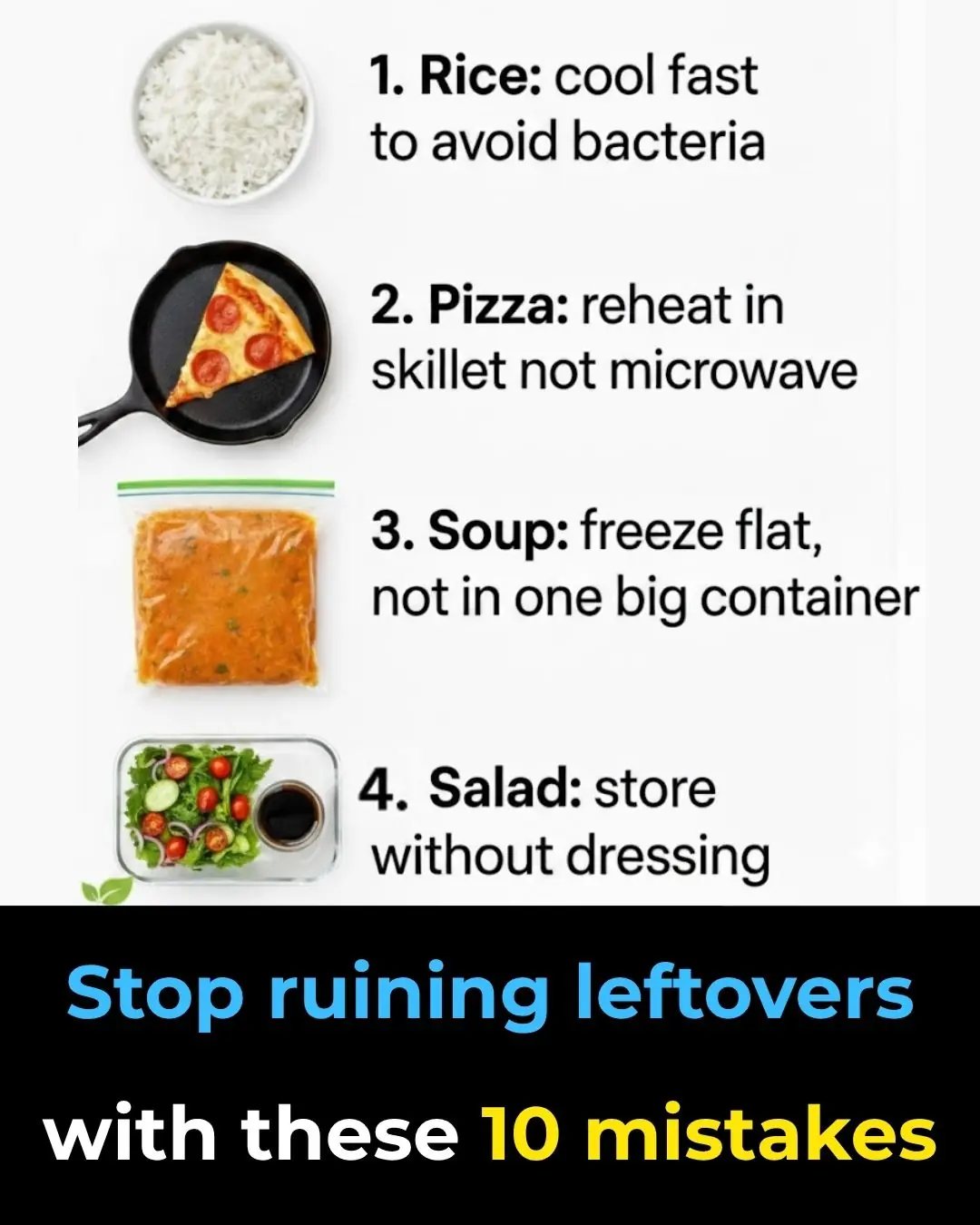
Stop ruining leftovers with these 10 mistakes
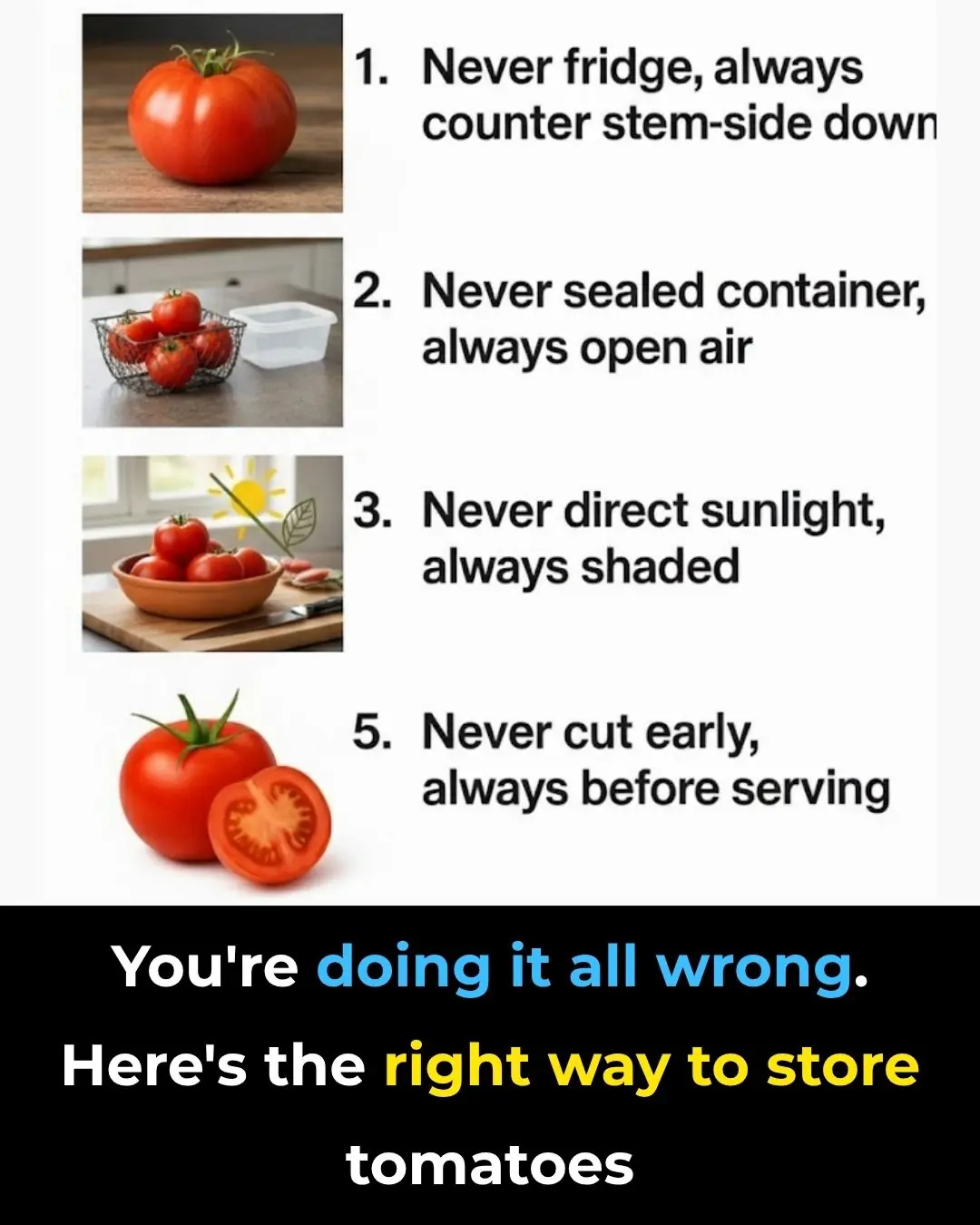
You're doing it all wrong. Here’s the right way to store tomatoes

You’re doing it all wrong. Here’s the right way to vacuum carpets
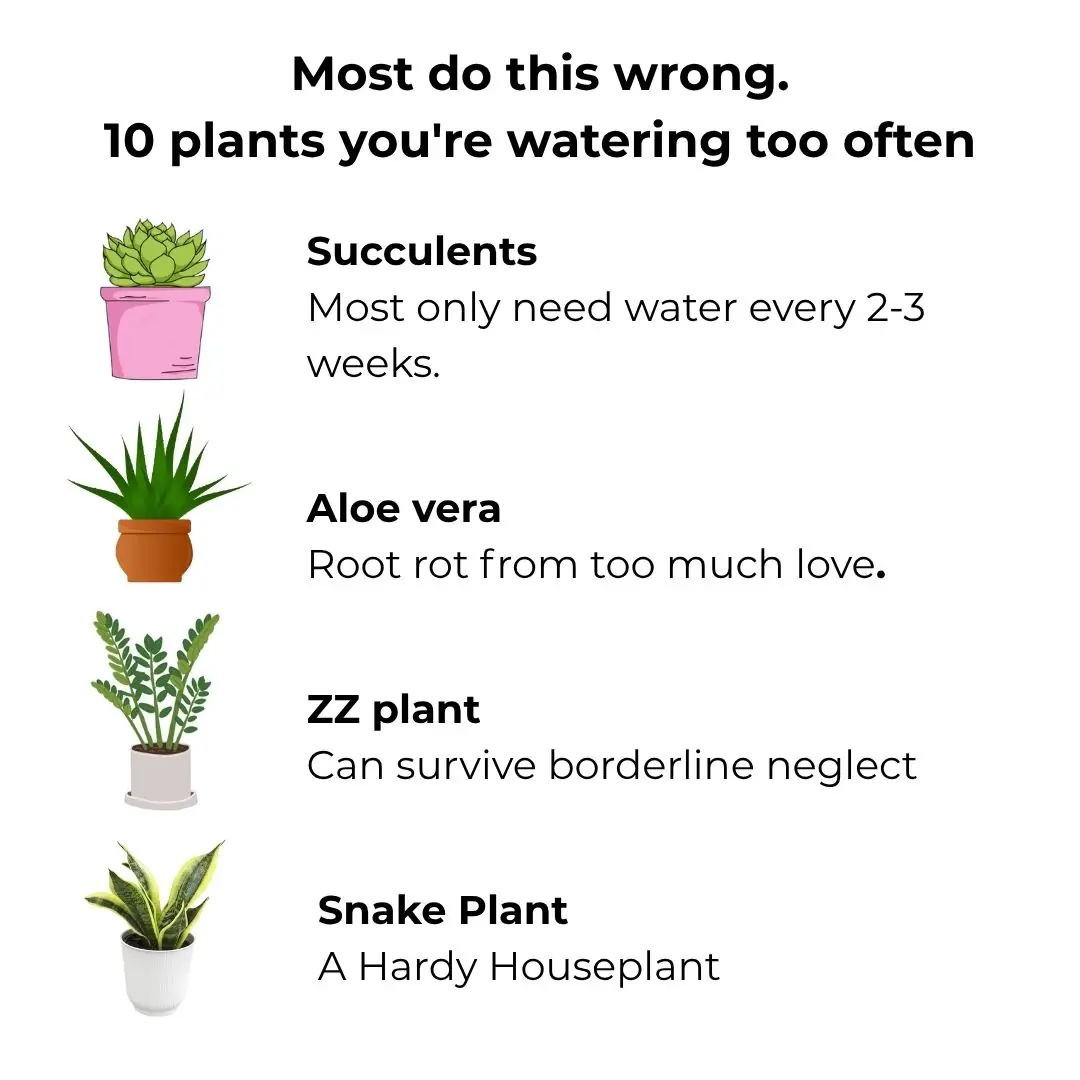
Most do this wrong. 10 plants you’re watering too often

Most don’t know. 12 brilliant ways to use WD-40 around the house
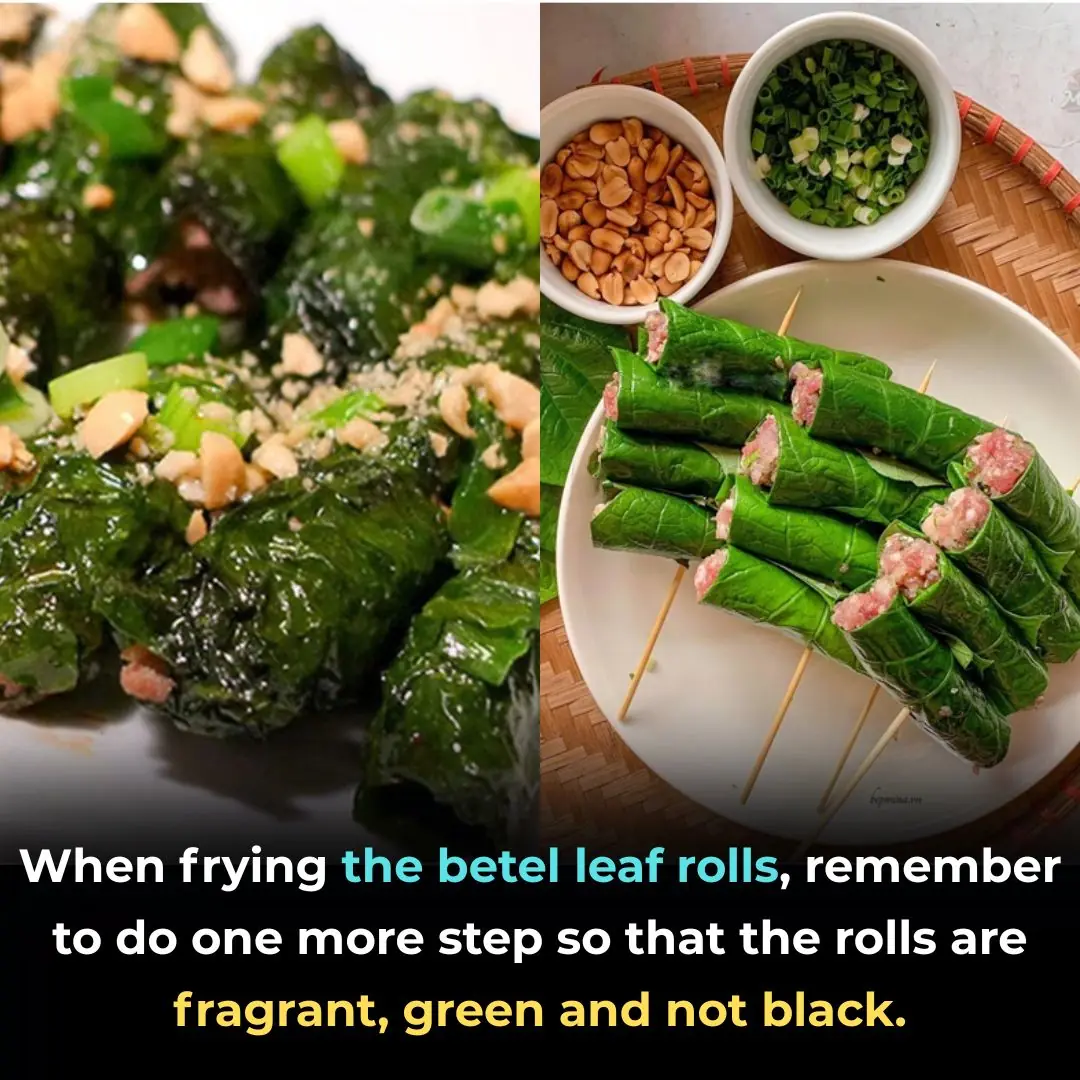
When frying lolot leaf patties, remember to take an extra step so the patties turn out fragrant, bright green, and not darkened.
News Post
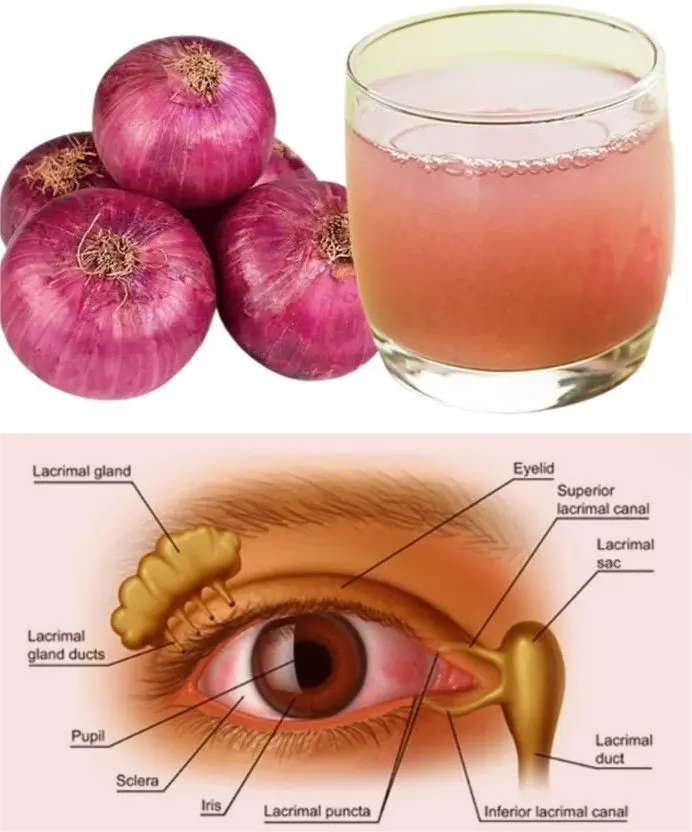
Can Onion Juice Gently Support Eye Health? A Natural Tip to Try

Bed Bugs Hate This! How Diatomaceous Earth and Cloves Can Wipe Them Out

These are the consequences of sleeping with the…
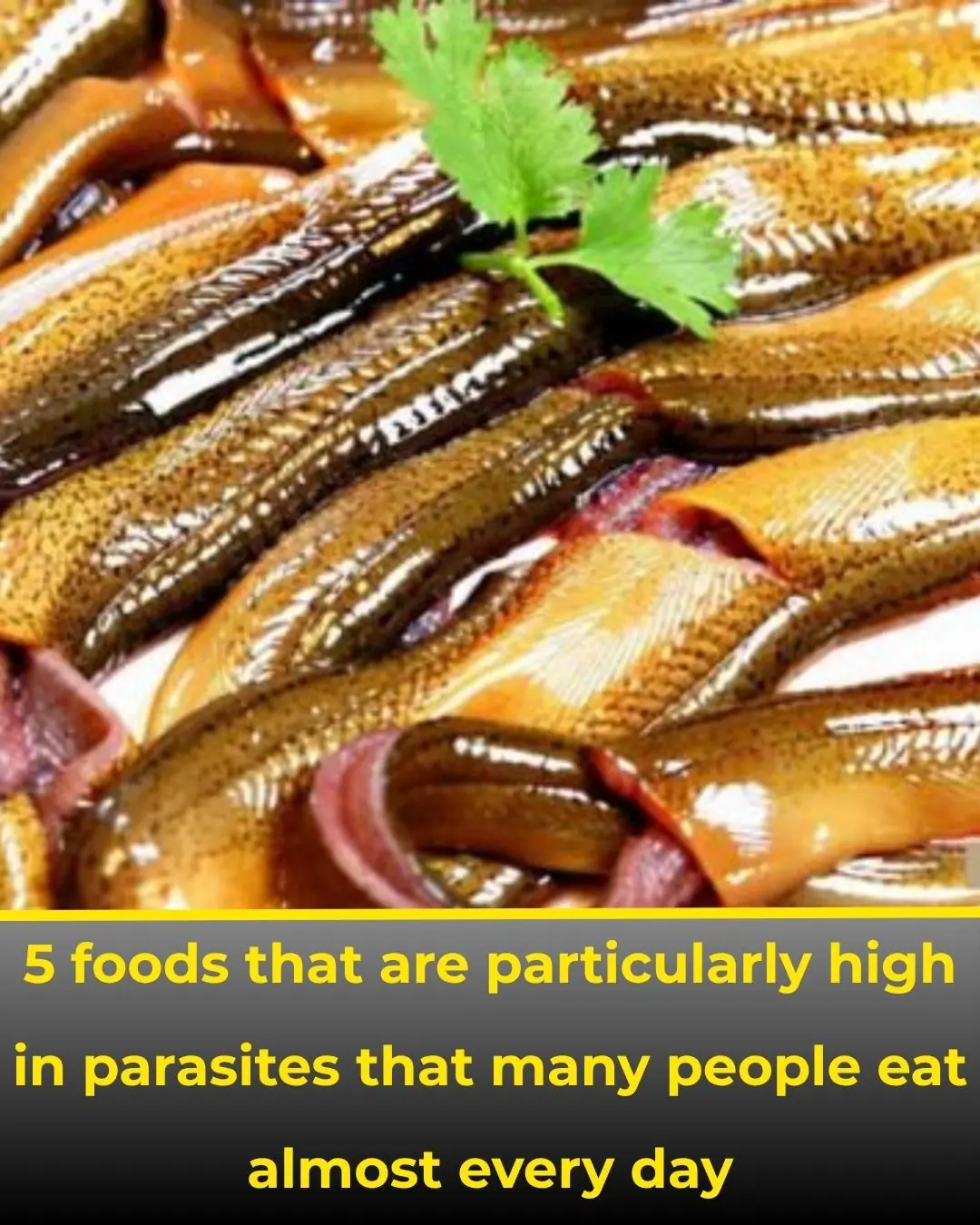
5 Common Foods That Often Contain Parasites — Many People Eat Them Daily

1 Vitamin Stops Calcium Buildup in Arteries and Heart

S:ida Acuta: Exploring the Healing Properties of this Herbal Remedy

DIY Flaxseed Collagen Night Gel for Hydration and Rejuvenation
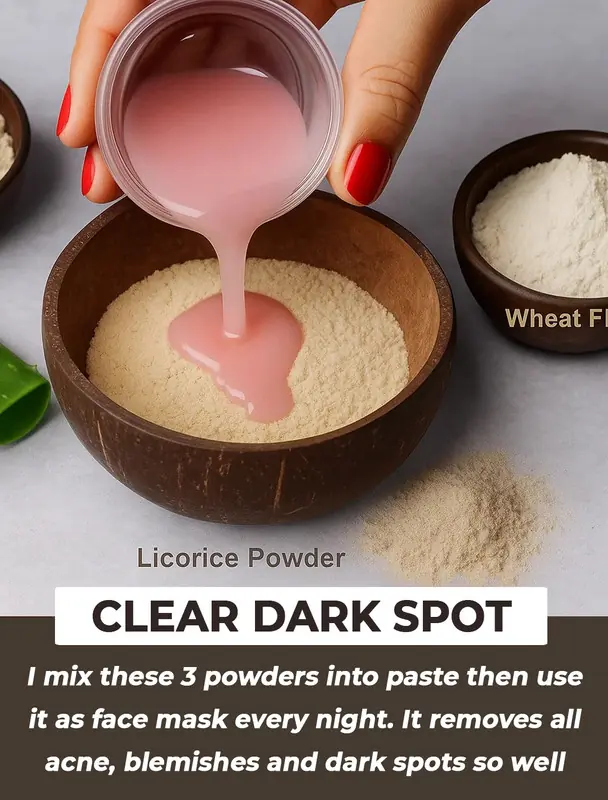
10-Day Licorice Treatment for Dark Spots: Fade Pigmentation and Achieve Glowing Skin Naturally

Easy Recipe to Make ABC Collagen Ice Cubes at Home: The Secret to Glowing, Firm Skin
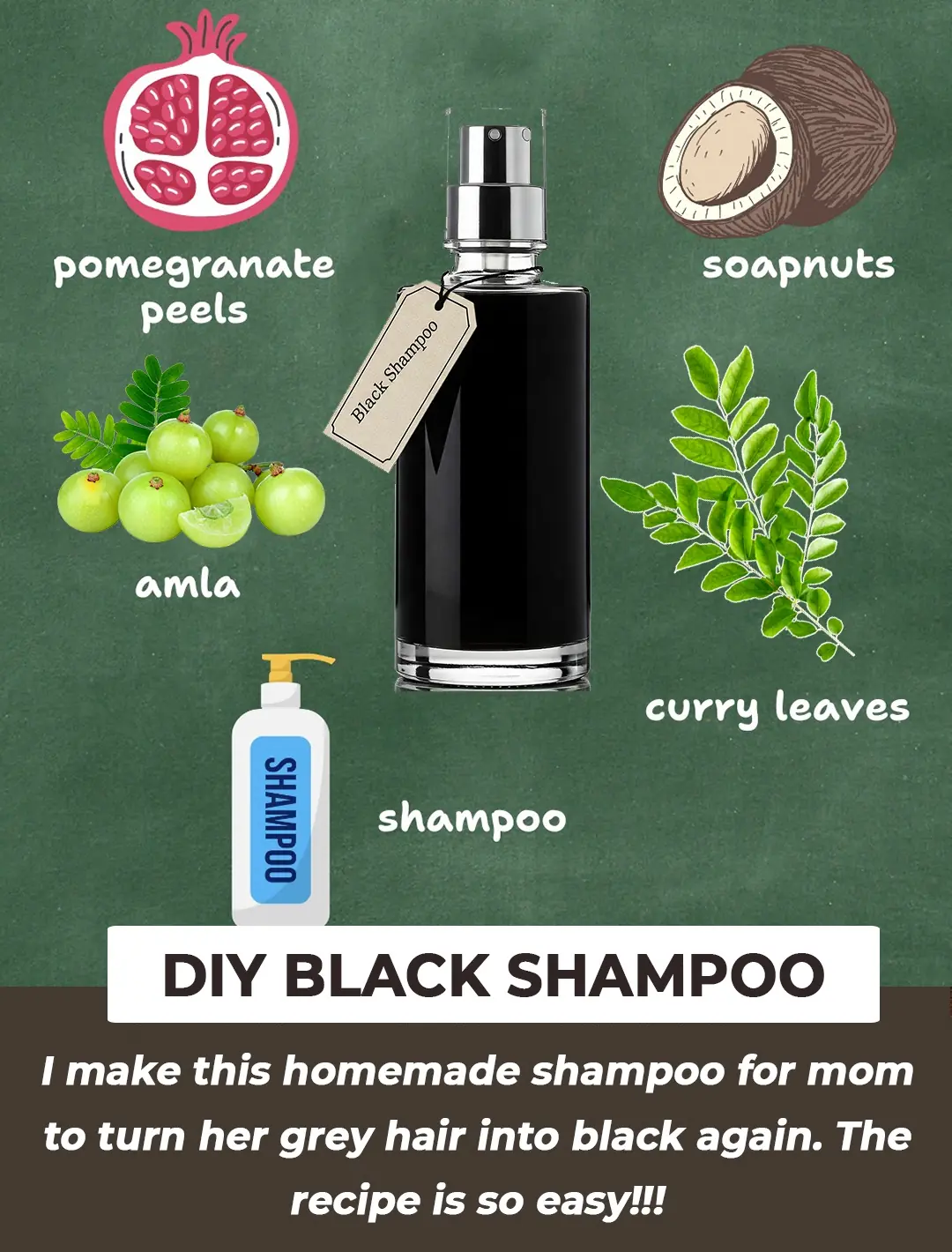
2 Mins Black Shampoo For Grey Hair

Why this doctor refuses to prescribe statins for high cholesterol

The 'divine' secret to frying

Why do we have to leave our phone face down on the table when we are not using it?

Hanging a towel on the door handle before bed: Unexpected benefits but few people know

Tips for conditioning your hair with over-cooked bamboo shoots

Treat premature gray hair thanks to the black dye formula

What Are These Strange Black Dots In Your Kitchen

Magic Eraser can be used for almost anything, but here's what you didn't know

Wrong understanding turns water purifiers into diseases, remove them immediately to avoid harming the whole family
